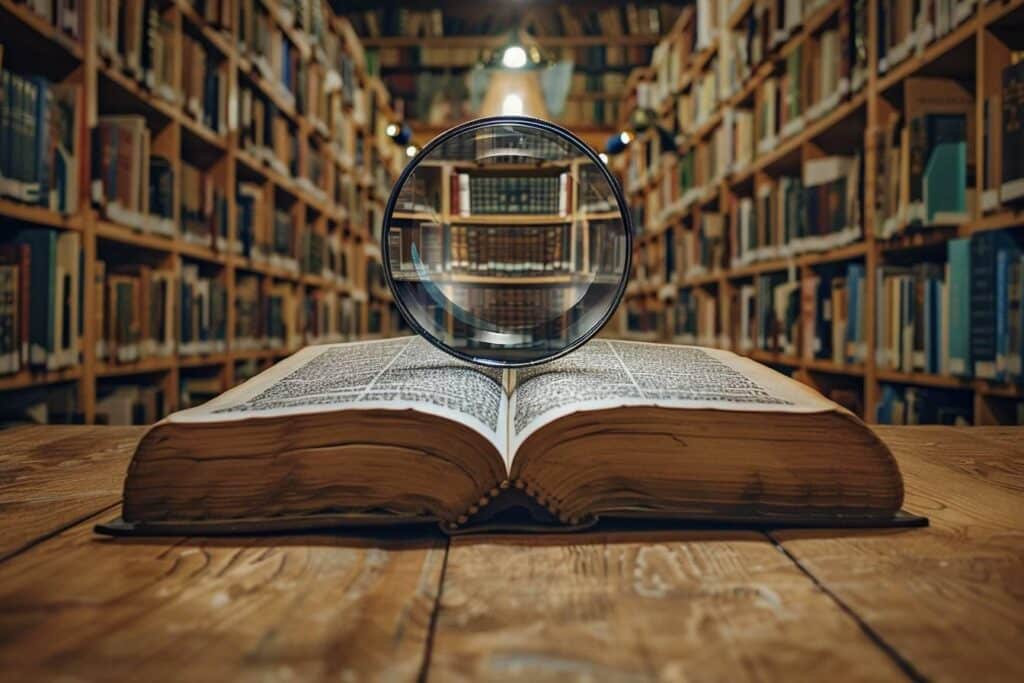Exploring the Dynamic Fabric of the Jewish Community: Traditions, Challenges, and Contributions

In the tapestry of global cultures, the Jewish community stands out with its rich history, enduring traditions, and profound impact on various aspects of modern society. From ancient times to the present day, Jewish culture has been a beacon of knowledge, innovation, and resilience. Yet, despite their significant contributions, the Jewish people often navigate a complex landscape of challenges and misconceptions.
The Roots of Jewish Culture
The Jewish community is one of the oldest religious groups in the world, with a history that spans over 3,000 years. This longevity is accompanied by a deep-rooted connection to their ancestral land, Israel, and a diaspora spread across the globe. The heart of Jewish identity lies in the Torah—their religious text—which not only guides their religious practices but also instills a strong sense of community and morality.
Religious Observances and Traditions
Judaism, the religion of the Jewish people, is rich with ceremonies and rituals that mark life’s milestones and seasonal cycles:
- Shabbat: The Sabbath, a day of rest and worship starting at sunset on Friday until sunset on Saturday, offers a time for reflection and family gatherings.
- Rosh Hashanah and Yom Kippur: These High Holy Days represent the Jewish New Year and Day of Atonement, respectively, focusing on renewal and repentance.
- Passover: This festival commemorates the Hebrews’ liberation from slavery in Egypt, highlighted by the Seder meal that includes readings, songs, and symbolic foods.
These traditions not only strengthen community bonds but also preserve their heritage across generations.
The Challenge of Antisemitism
Despite many achievements, antisemitism remains a pervasive threat to the Jewish community. Historically rooted prejudices have found new forms in modern times including vandalism, violence, denial of the Holocaust, and widespread misinformation on social media platforms. Addressing this hatred requires global cooperation and education to promote understanding and tolerance.
Contributions to Society
The Jewish influence on culture, science, politics, and business is profound:
- Cultural Influence: Jewish writers, musicians, and artists such as Franz Kafka, Leonard Bernstein, and Marc Chagall have left indelible marks on their respective fields.
- Scientific Achievements: Many Nobel laureates like Albert Einstein and Richard Feynman were of Jewish descent, contributing vastly to our understanding of the world.
- Social Justice: Jews have been instrumental in civil rights movements across various countries advocating for equality and justice for all communities.
- Innovation in Business: The entrepreneurial spirit is strong within the Jewish community with notable figures like Mark Zuckerberg influencing global technology landscapes.
Their global impact is disproportionate to their relatively small numbers reflecting a deep commitment to contributing positively to world societies.
The Modern Jewish Diaspora
Today’s global Jewish population is diverse encompassing varying practices beliefs and identities from Orthodox communities in New York City to secular Jews in Tel Aviv. This diversity enriches their culture allowing for a dynamic exchange of ideas about what it means to be Jewish in today’s world.
Maintaining Identity Amidst Change
Maintaining a cohesive identity in the face of modernity can be challenging for traditional communities. The balance between preserving time-honored traditions and adapting to contemporary society is delicate. Education plays a crucial role here with institutions like Hebrew schools teaching young Jews about their history faith and language which are essential for cultural preservation.
Conclusion: A Legacy of Resilience and Hope
The story of the Jewish people is one marked by both struggle and immense achievement. Through centuries they have faced adversity yet have managed to thrive contributing significantly across multiple spheres. As they continue to face challenges including antisemitism it is imperative that global communities stand in solidarity with them promoting understanding dialogue and peace.
In celebrating their rich heritage we acknowledge not just a history of survival but a vibrant ongoing chapter in human civilization that continues to inspire generations around the world.



